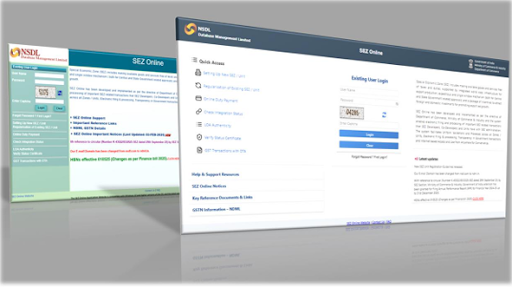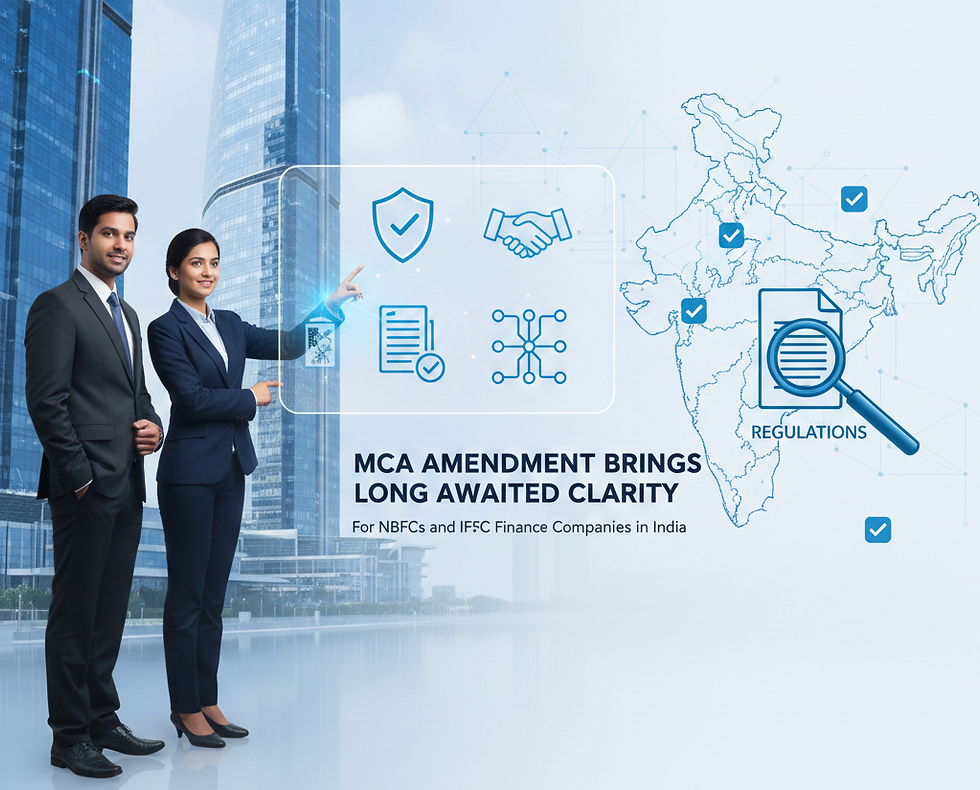⚖️ FEMA Compounding FAQs (2024): Everything NRIs, Startups & CFOs Must Know
- GIFT CFO
- Jul 17
- 3 min read
Updated: Jul 24
📌 Introduction: Why Compounding Under FEMA Matters
Businesses operating globally — especially those involving FDI, ODI, ECB, or operating in GIFT City IFSC — must comply with India’s Foreign Exchange Management Act (FEMA), 1999. Non-compliance can lead to contraventions, which may attract penalties, investigations, or enforcement.
Thankfully, the Reserve Bank of India (RBI) allows for a voluntary compounding process — a cleaner, faster, and reputation-safe way to resolve such violations.
Here’s a concise Q&A guide updated to reflect 2024 rules, perfect for financial controllers, NRIs, fintech, investors, and startup founders.

❓ Q1. What is meant by contravention and compounding under FEMA?
Contravention: Any violation of FEMA rules, directions, or regulations (e.g., delayed FDI reporting, excess remittances, etc.)
Compounding: A voluntary process where you:
Admit the violation
Apply to RBI
Pay a monetary penalty and close the issue
🚫 Violations under Section 3(a) (i.e., unauthorized foreign exchange dealings) cannot be compounded by RBI.
🧑💼 Q2. Who can apply for FEMA compounding?
Any person or company that has committed a contravention (except under Section 3(a)) can apply, including:
Indian entities
NRIs or foreign investors
Startups with delayed FDI compliance
⏳ Q3. When can one apply for compounding?
You may apply:
Voluntarily (Suo moto)
After receiving a Memorandum of Contravention (MoC) from RBI
Upon RBI or auditor’s observation
✅ Early self-disclosure is preferred and may reflect positively on the penalty imposed.
📄 Q4. What is the application process?
You can apply:
Physically, or
Through the PRAVAAH Portal (RBI's online platform)
Include:
Annexures I–III with fee/payment details
Nature of contravention
Supporting documents
Formats are available in RBI’s official FEMA Compounding Directions.
💵 Q5. What is the application fee?
₹10,000 + 18% GST
Non-refundable
Payable via Demand Draft or NEFT
Inform RBI via email within 2 hours if paid online
📁 Q6. What documents are needed?
Applicable annexures (based on FDI, ECB, ODI, etc.)
MoA (if company)
Cancelled cheque copy
Self-declaration confirming no DoE investigation
Contact details of applicant/authorized person
📍 Q7. Where to submit the application?
To the RBI office based on jurisdiction, as outlined in the FEMA Directions:
Regional Office
Central Office Cell (Delhi)
Central Office (Mumbai)
⛔ Q8. Can I apply before completing regulatory filings?
No. You must first complete all pending regulatory actions (e.g., file FC-GPR, obtain FLA, etc.) before applying.
🚨 Q9. What are “sensitive contraventions”?
These include:
Money laundering
Terror financing
Threats to national security
Such matters are referred to the Directorate of Enforcement (DoE) — RBI cannot compound them.
👥 Q10. Is personal appearance at the hearing mandatory?
Optional.
You may attend physically or virtually
You may authorize a representative (with a letter)
Note: The penalty amount does not depend on your appearance — it's strictly guided by RBI's Compounding Matrix.
📊 Q11. How is the compounding amount calculated?
RBI uses a structured matrix (Para 5.4 of FEMA Directions) to determine the penalty. Factors include:
Nature and severity of violation
Duration of non-compliance
Past history
Final discretion rests with the Compounding Authority.
🏦 Q12. How do I pay the compounding amount?
Once RBI issues the Compounding Order, pay the amount within 15 days via:
Demand Draft
NEFT/RTGS/online methods
RBI will issue a compliance certificate upon receipt.
🕓 Q13. What if I don’t pay within 15 days?
RBI will consider it as no application filed, and the matter may be escalated to the DoE for further enforcement.
❌ Q14. Can I appeal or seek a waiver/reduction?
No. FEMA compounding is based on admission of guilt, so:
No appeals allowed
No fee waivers
No extension for payment
📆 Q15. What is the timeline to conclude the compounding?
RBI aims to dispose of each application within 180 days from the receipt of a complete application.
📚 Q16. Where can I get more information?
Full guidelines available at:🔗 RBI FEMA Compounding Directions (search: Compounding of Contraventions under FEMA, 1999)
🧭 Conclusion: Voluntary Compounding is the Smart Exit for FEMA Violations
Whether you're an NRI investor, startup founder, or established MNC — FEMA compliance isn’t optional. If a violation has occurred, take the transparent and time-bound route of compounding with RBI. It’s faster, reputationally safer, and legally final.
📩 Need expert help drafting your FEMA compounding application?
Reach out to GIFT CFO — your compliance partner for FEMA, RBI, IFSCA, and GIFT City advisory.


























































































Comments